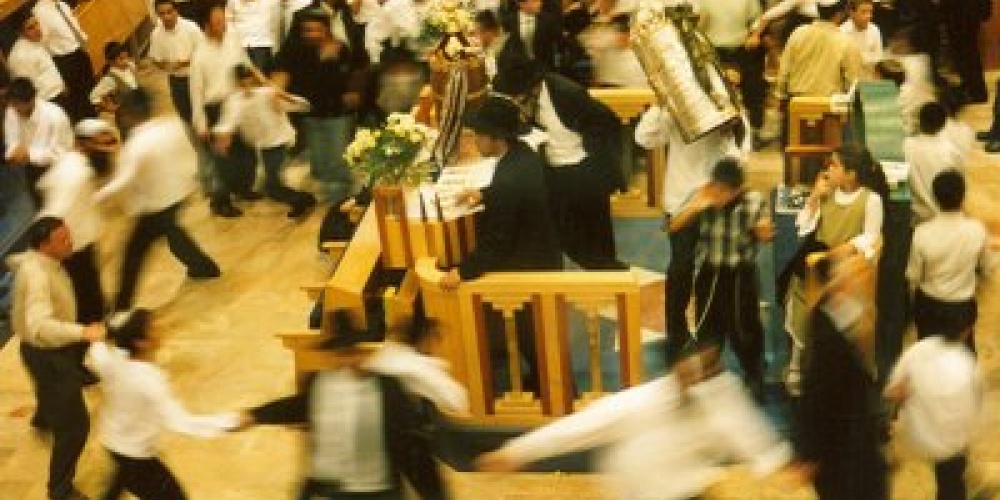
Rav Moshe Feinstein noted that one of the tragedies of American Jewish life was the common notion that it is difficult to be a Jew. Children saw their parents struggling, and even if they meant it as a display of dedication, such affirmations of the difficulty of being Jewish were a big turn-off to children, most of whom left observant Jewish life.
“The Divine Presence rests neither through gloom, nor through laziness, nor through frivolity, nor through levity, nor through talk, nor through meaningless activity, but only through the joy of mitzvoth” (Shabbat 30b). Joy is the prerequisite for feeling the divine; feeling the Divine Presence, in turn, brings so much joy. And joy includes a good laugh. The Gemarah notes that Rava began each shiur with a joke – an opening imitated by all good speakers. The Gemarah even raises the possibility that one can make jokes in the middle of a shiur (apparently, an opening joke may not be quite enough). Associating learning and laughter may inspire more learning. Yet at the same time, the Gemarah notes that a student should be shaking in awe before his teacher – something we find difficult to do, and something that may even turn off some students. The trick for modern-day teachers is to inspire students to recognize the seriousness of the subject in a way that is fun and engaging.
Undoubtedly, at times, living an observant life is not always easy or fun. I would like to occasionally sleep in and not worry about davening on time – or at all. And I guess not worrying about a hechsher or kosher food might bring some fleeting pleasure. Yet when it comes down to it, I observe Judaism because I love it and feel blessed to be given the opportunity to observe mitzvoth. While mitzvoth are ultimately a series of obligations, and an observant Jew abides by them regardless of his inclinations, mitzvoth take on so much more meaning when done out of joy, helping us to feel the Divine Presence.



